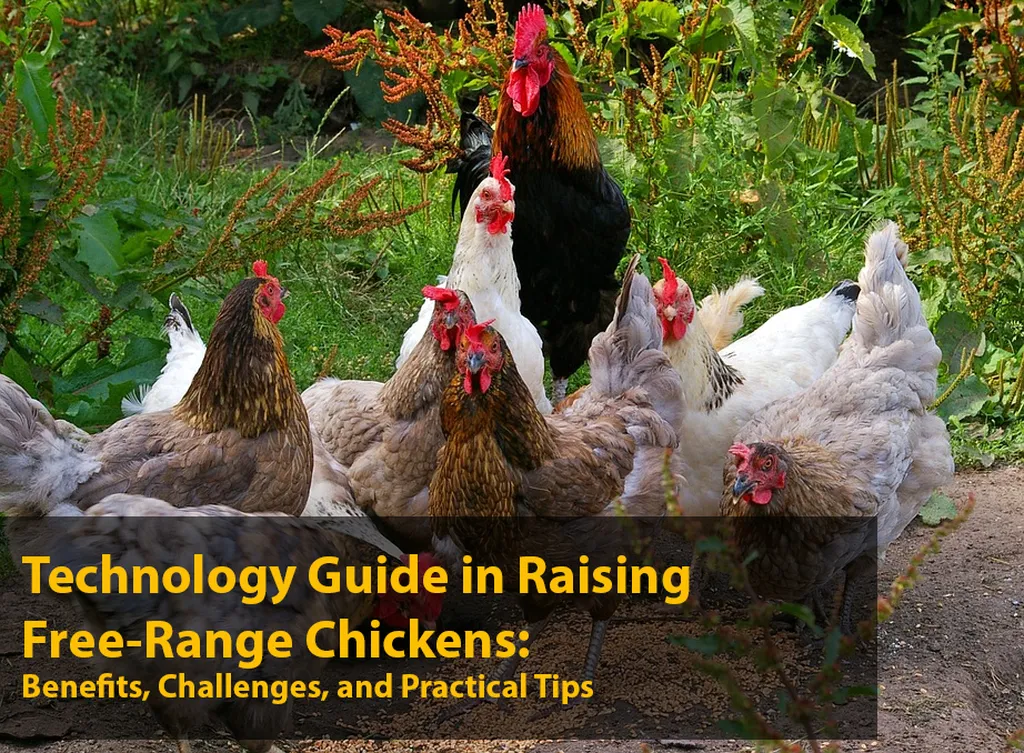In the rolling hills of Ballarat, Rob Mitchell is quietly redefining what it means to be a modern entrepreneur—balancing spreadsheets with chicken feed, and artificial intelligence with free-range farming. His dual career as both an accountant and a poultry farmer might seem like an unlikely combination, but for Mitchell, the two ventures share more in common than meets the eye.
Mitchell’s journey began in IT, where his interest in the financial aspects of client support led him back to university for a master’s degree in accounting. Today, he runs a successful accounting firm, but his professional identity doesn’t end there. Raised on a farm, Mitchell never lost his connection to the land. What started as a small backyard flock of chickens for personal use has since grown into a thriving free-range poultry business, driven in part by the pandemic’s surge in demand for locally sourced, organic food.
The parallel growth of his two businesses isn’t just a coincidence—it’s a strategy. Mitchell sees a fundamental similarity between managing financial services and running a large-scale farm: both require robust systems, consistency, and the ability to scale. “You can look after one or two customers easily, but doing it for millions takes process,” he explains. “It’s no different to banking.” This mindset has allowed him to apply lessons from one industry to the other, leveraging technology to streamline operations in both.
In accounting, Mitchell is embracing AI to automate back-office tasks, freeing up time for higher-value advisory work. On the farm, technology plays an equally critical role, enabling him and his partner to manage direct relationships with over 8,500 customers across Victoria while keeping staffing lean. The result is a business model that delivers affordable, traceable protein without the overhead of traditional supply chains.
Mitchell’s approach reflects broader trends in both agriculture and professional services. Consumers are increasingly prioritizing transparency in their food sources, a shift accelerated by the pandemic. At the same time, small businesses—whether in finance or farming—are turning to technology to remain competitive, even as they maintain a personal touch. His ability to bridge these worlds has not gone unnoticed.
NAB Small Business Banker Anton Fernando highlights Mitchell’s story as an example of how the bank supports innovative entrepreneurs. “Rob’s vision aligns with NAB’s commitment to backing businesses that think differently,” Fernando says. “Whether it’s through scaling a tech-driven firm or fostering sustainable food systems, we’re proud to help bring these ideas to life.”
For Mitchell, the future is about more than just business growth—it’s about building trust and reconnecting communities with their food. “We want to be trusted voices for our clients,” he says. “In agriculture, that means helping people understand where their food comes from, which leads to healthier communities and more opportunities for others to get involved.”
His story serves as a reminder that innovation often thrives at the intersection of seemingly unrelated fields. By applying the discipline of accounting to the hands-on work of farming, Mitchell is proving that success isn’t about choosing one path—it’s about finding the right tools to walk them both.

